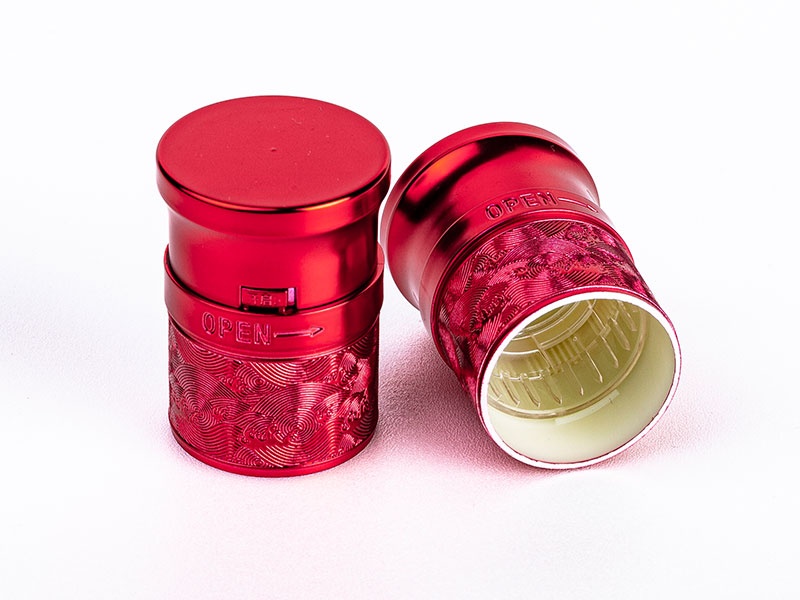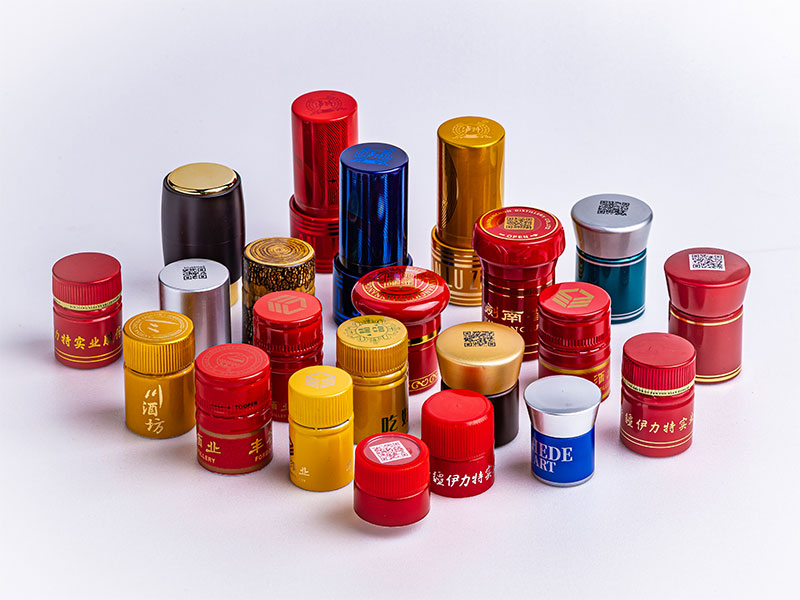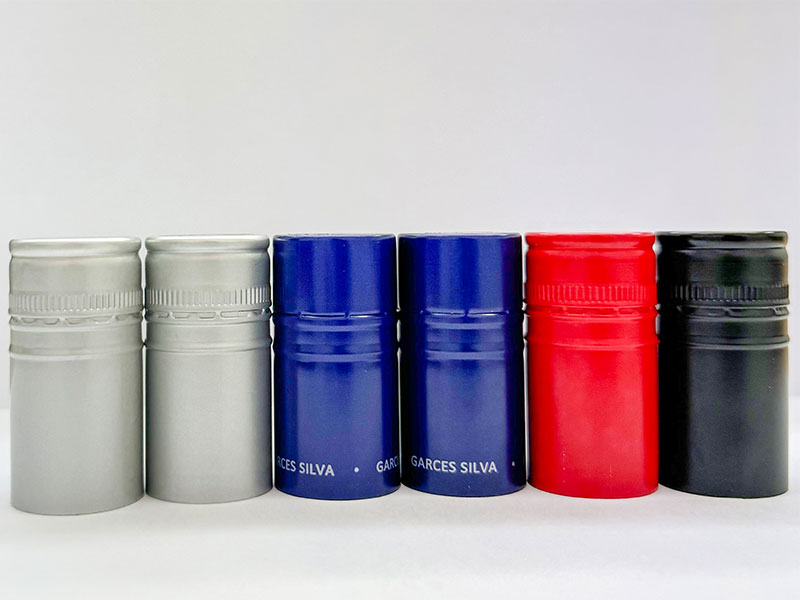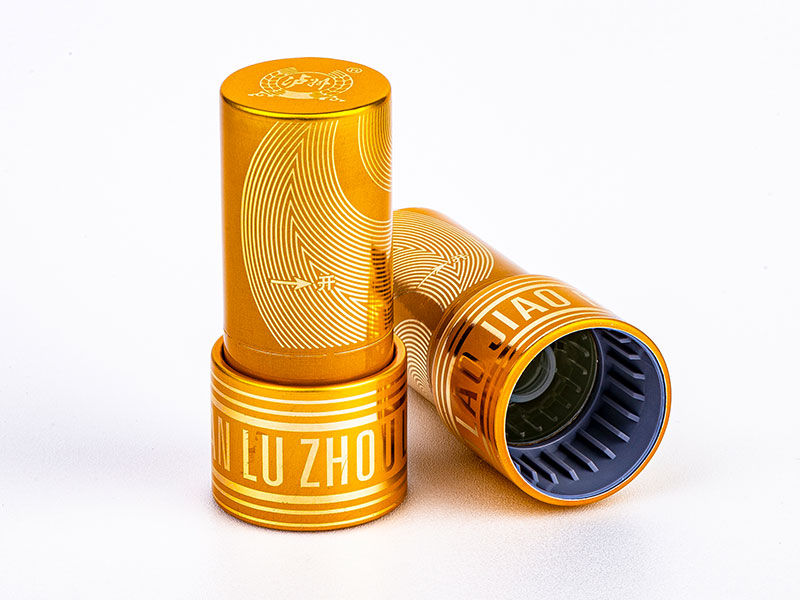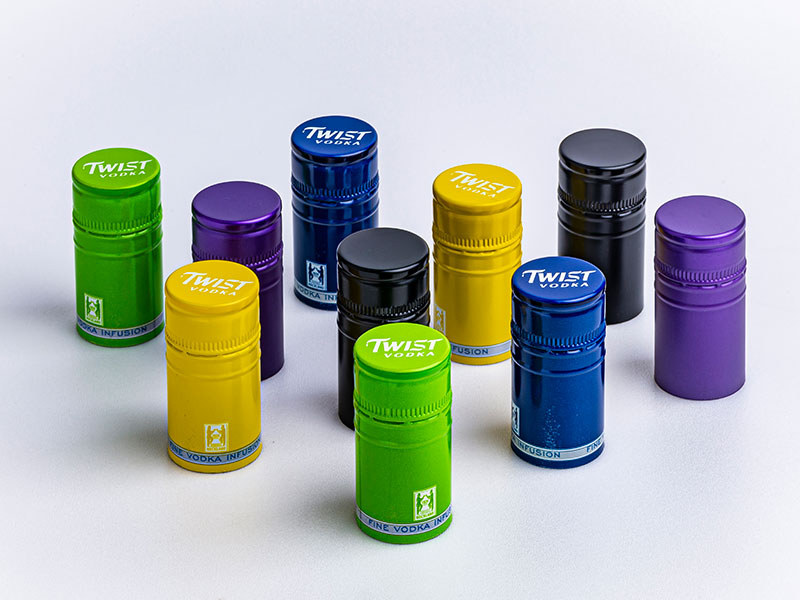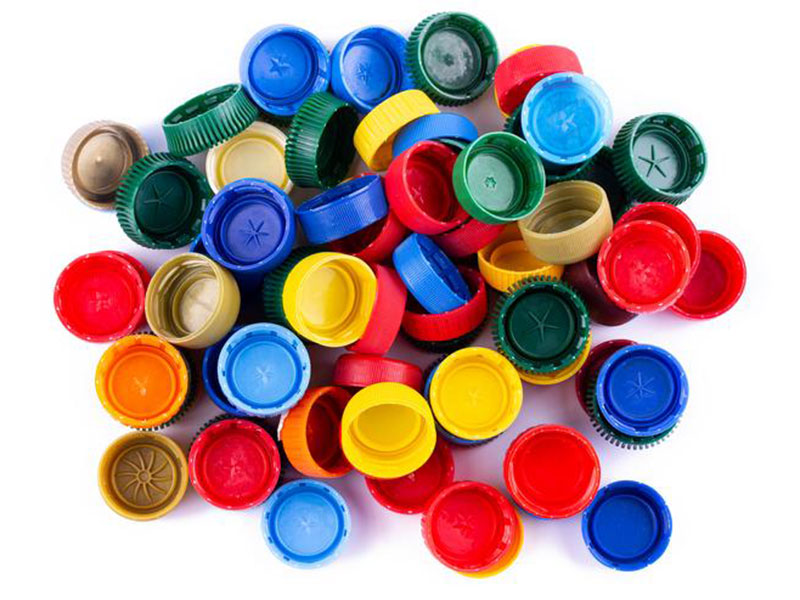Sustainable wine bottle closures
As the global wine industry moves towards more environmentally responsible practices, sustainable wine bottle closures have become a crucial component in packaging innovation. These closures not only preserve wine quality but also significantly reduce environmental impact, aligning vineyard and brand values with customer expectations for sustainability.
What Are Sustainable Wine Bottle Closures?
Sustainable wine bottle closures encompass alternatives to traditional cork and synthetic stoppers, optimized for environmental friendliness, resource efficiency, and recyclability or biodegradability. They are designed to minimize waste, reduce carbon footprint, and promote a circular economy within the wine packaging supply chain.
Types of Sustainable Wine Bottle Closures
| Closure Type | Material Source | Biodegradability | Recyclability | Oxygen Transmission Rate (OTR) | Typical Applications |
|---|---|---|---|---|---|
| Natural Cork (sustainably harvested) | Cork oak bark from certified forests | Yes | Limited | Very low (1-2 mg O₂/year) | Premium wines needing long-term aging |
| Cork-Plug Composite | Cork granulate + plant-based binder | Partially | Limited | Low (2-5 mg O₂/year) | Mid-priced to premium wines; eco-conscious brands |
| Bioplastic Stoppers | PLA, Bio-PE, or other biopolymers | Yes | Varies | Medium (depending on polymer formulation) | Mass market wines aiming for quick consumption |
| Recycled Aluminum Closures | 100% recycled aluminum alloys | No | High | Very low (negligible) | Sparkling wines & boutique labels |
| Technical Corks | Cork dust + sustainable binders | Partially | Limited | Variable (3-8 mg O₂/year) | Everyday wines; improved clamping and sealing |
Features and Benefits
1. Environmental Impact
- Renewable Materials: Many sustainable closures use rapidly renewable or recycled resources such as responsibly-harvested cork and recycled aluminum.
- Reduction of Carbon Footprint: Production techniques prioritize low-energy manufacturing and often integrate carbon-offset programs.
- Waste Minimization: Designed for recyclability or composting, minimizing landfill contribution.
2. Wine Preservation
- Oxygen Management: Select closures are engineered for consistent oxygen transmission rates (OTR) to prevent premature aging or spoilage.
- Seal Integrity: Improved molds and materials ensure tight sealing against leaks and contamination.
- Compatibility: Tailored closure properties for still, sparkling, and fortified wines.
3. Consumer and Brand Value
- Eco-conscious Branding: Utilization of sustainable closures helps wineries appeal to environmentally savvy consumers.
- Shelf Appeal: Natural and recycled textures provide an attractive differentiation from synthetic closures.
- Performance Reliability: Modern technical composite corks and aluminum caps achieve functional consistency while enhancing sustainability.
Applications of Sustainable Wine Bottle Closures
- Fine Wine Production: Premium wineries rely on sustainably harvested natural cork or high-quality composite cork closures to enable aging potential and demonstrate eco-consciousness.
- Organic and Biodynamic Wines: Natural fiber-based and bioplastic closures allow these wines to remain consistent with their eco-friendly philosophies.
- Sparkling Wine and Champagne: Lightweight, recyclable aluminum closures preserve carbonation and provide high-quality sustainable alternatives to traditional metal caps combined with cork.
- Volume / Commercial Wines: Bioplastic and recyclable aluminum caps offer cost-effective, sustainable closure solutions tailored to fast-turnover products.
Challenges and Considerations
- Material Consistency: Variability in natural materials such as cork may affect seal quality unless tightly controlled.
- Consumer Perception: Some consumers remain skeptical in function and heritage authenticity of alternative closures.
- Cost: Biodegradable polymers and specialized composites can be more costly than conventional synthetic options.
https://www.bottle-cap-lids.com/a/sustainable-wine-bottle-closures.html



